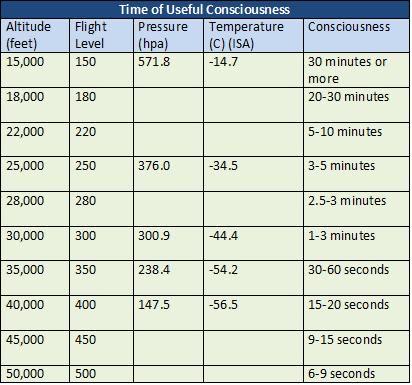Shepherd
Final Approach
A BasicMed Pilot is largely an “unknown” from a medical perspective. Allowing an unknown into some of the most highly-regulated airspace would be a difference.
No, I checked in the mirror. I know that guy. It's still me.
We let guys fly on their Drivers License. I get it, they are (currently) limited to 1,320 lbs and 10,000 ft. This will certainly change in the next few years.
But a guy with a Tecnam and a full load of fuel flying into a kennel full of fluffy kittens and puppies is going to have the same outcome as a guy doing it in a Bonanza.
Assuming the guy in the Bonanza bothered to get a medical at all in the last 15 years.

